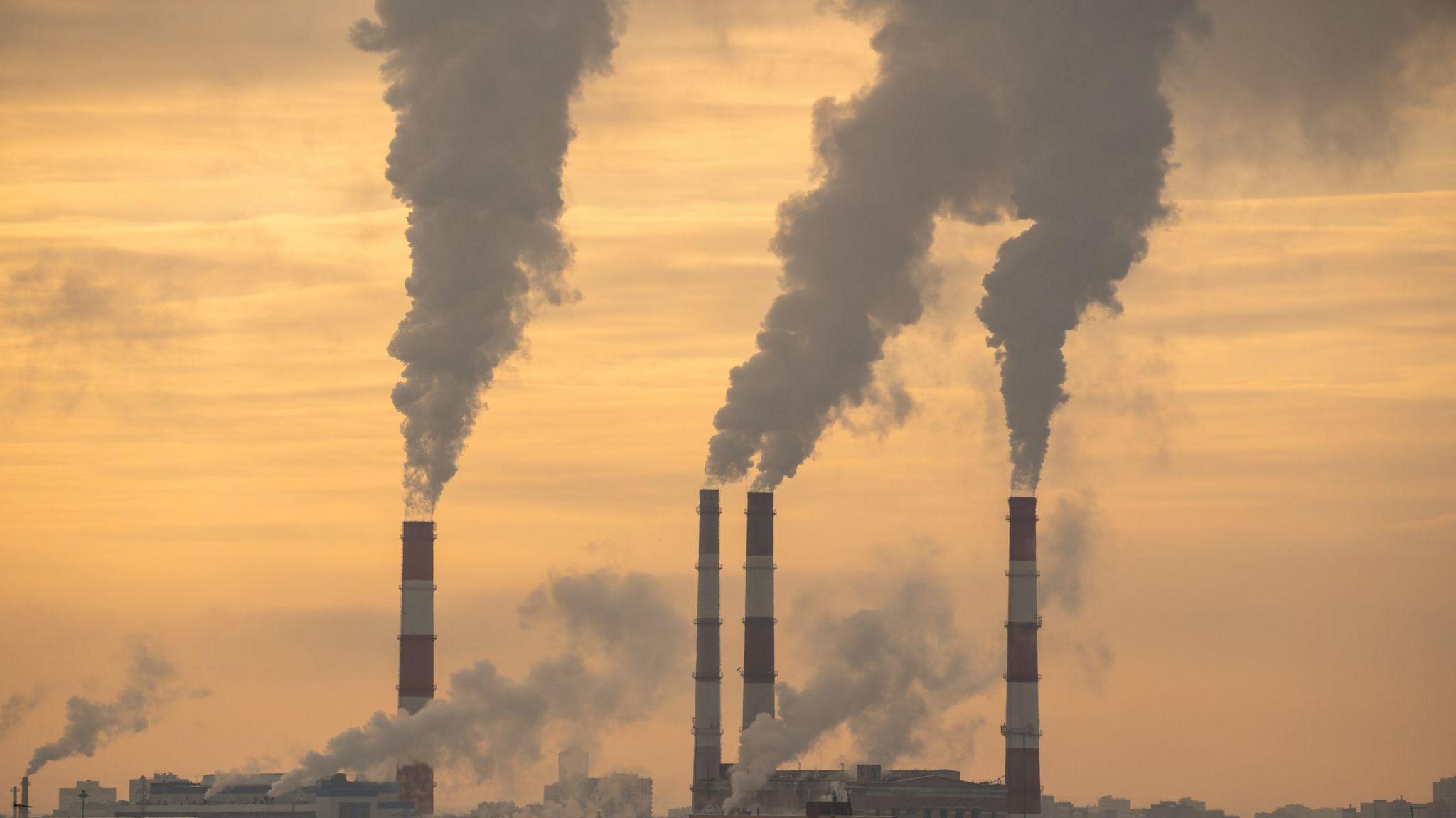Scientists record hottest day in history

This week saw the hottest day on record
- Published
Monday 22 July was the hottest day on record, according to data from the European Union's Copernicus Climate Change Service.
The daily global average temperature hit 17.15 degrees Celsius, which is 0.06 degrees higher than the previous record of 17.09 set just a day before.
Both temperatures break the previous record of 17.08°C from 6 July 2023.
More like this
Climate change: What is it?
- Published20 January 2020
What's the difference between El Niño and La Niña?
- Published17 January 2023
2023 hottest year on record, say scientists
- Published10 January 2024
The Copernicus Climate Change Service has been tracking global temperature patterns since 1940.
The record had last been set for four days in a row in early July 2023 before the recent temperatures seen this July.
Before then, the hottest day was in August 2016.

Lots of places around the world including parts of Europe are experiencing very hot weather at the moment
"This past Monday might have set a new global record for warmest absolute global average temperature ever — by that I mean going back tens of thousands of years," said climate scientist Karsten Haustein at Leipzig University in Germany.
In recent days, several countries including Japan, Indonesia and China have registered record heat.
Parts of Europe have also experienced very high temperatures.
Why are the high temperatures a big deal?

The burning of fossil fuels is a major contributor to climate change
The increasingly high temperatures over the past few years have raised concerns for scientists who say the hotter conditions are a result of climate change, which is largely driven by the burning of fossil fuels like coal and oil.
The Earth's average temperature moves up and down naturally. However, it's been increasing more rapidly than it usually does which is having an impact on the natural world around us.
Last year, the warmer weather patterns were said to be the result of both climate change and El Niño. This happens when water in the Eastern Pacific heats up more than normal, creating unusually hot and stormy weather.
However, the recent weather was not caused by El Niño.
More of the latest stories
- Published23 July 2024

- Published23 July 2024

- Published23 July 2024

